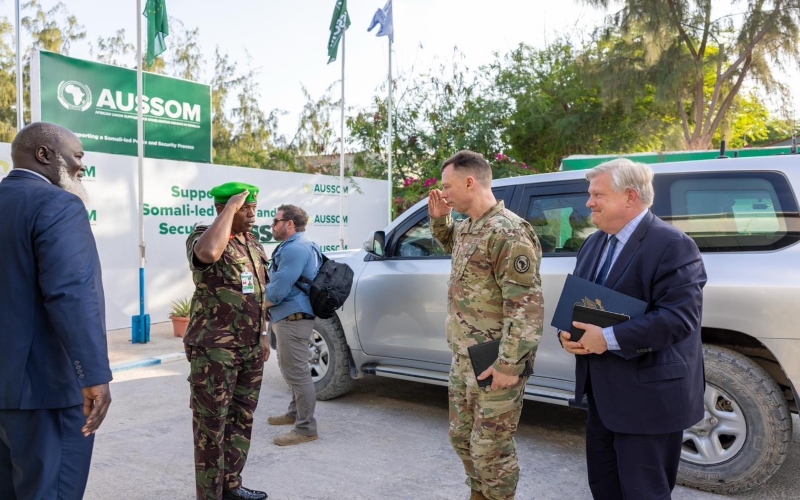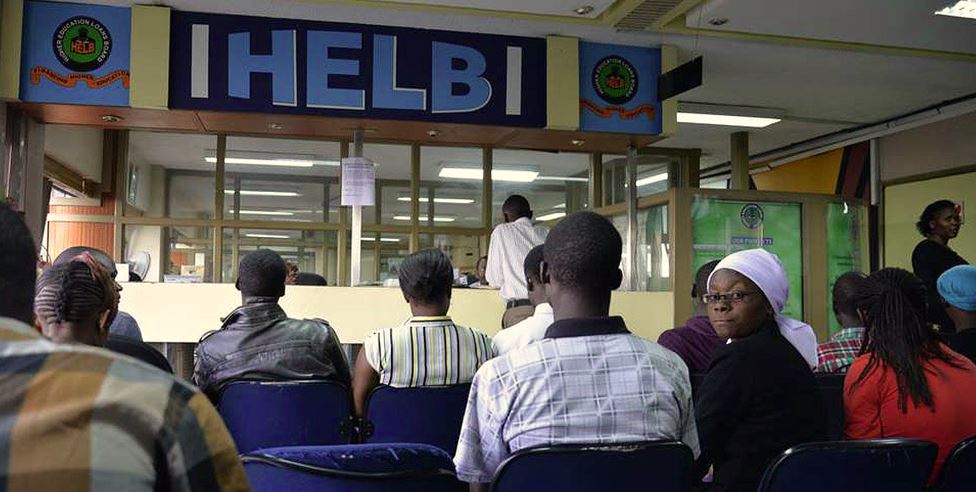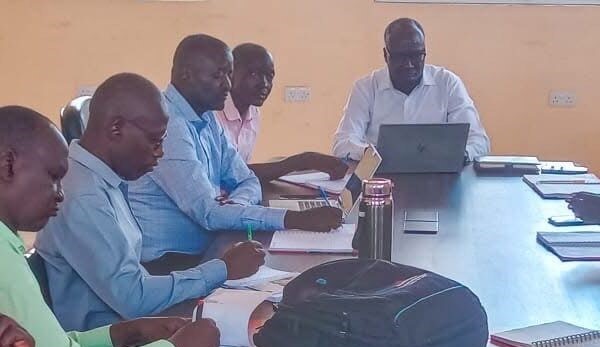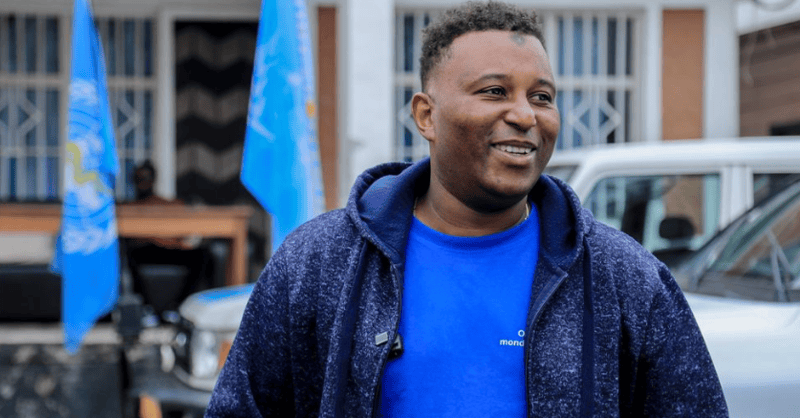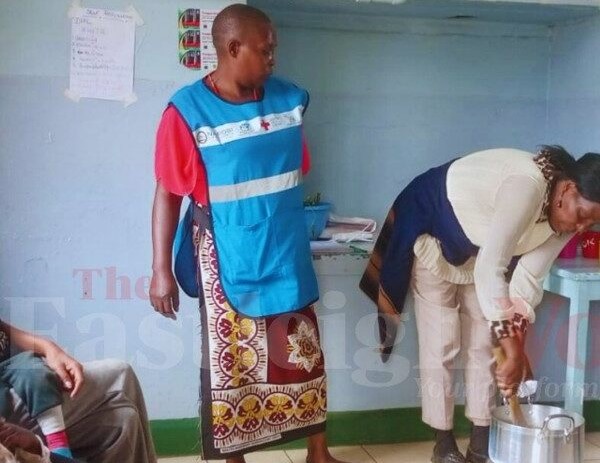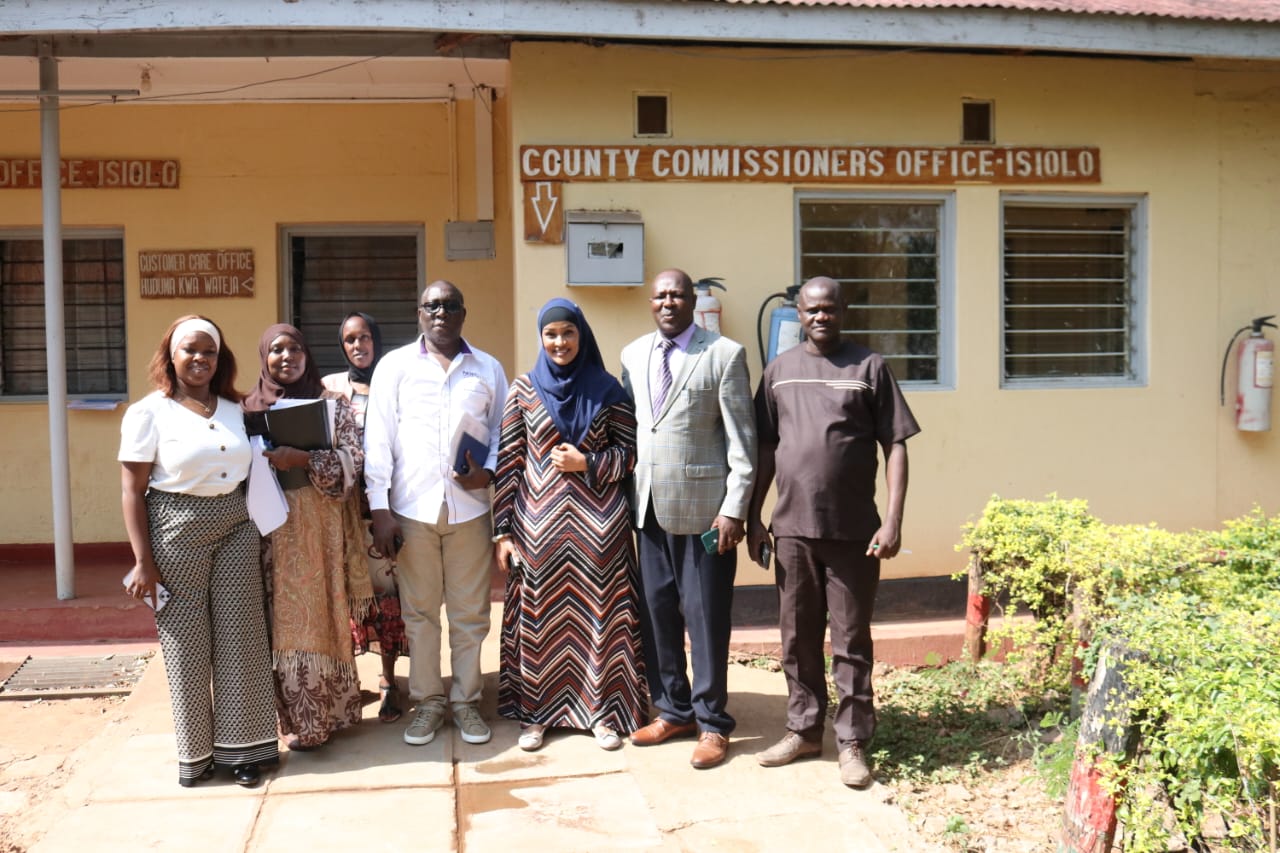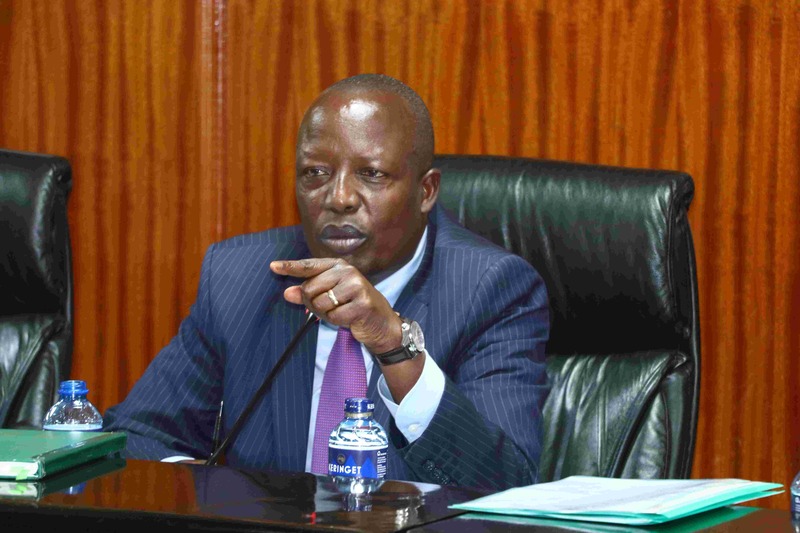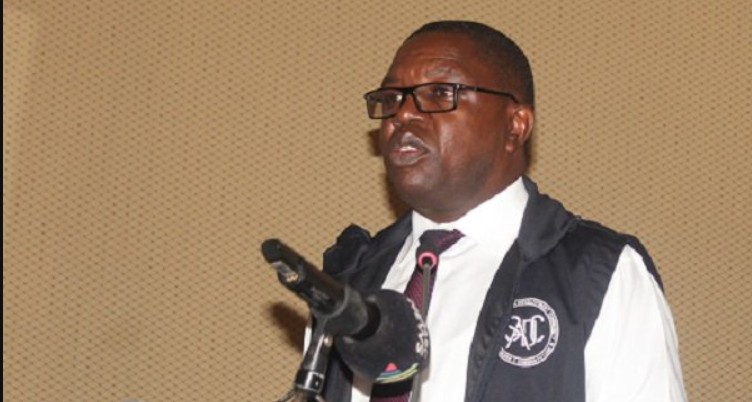Refugees to gain access to mobile, banking services under new regulations
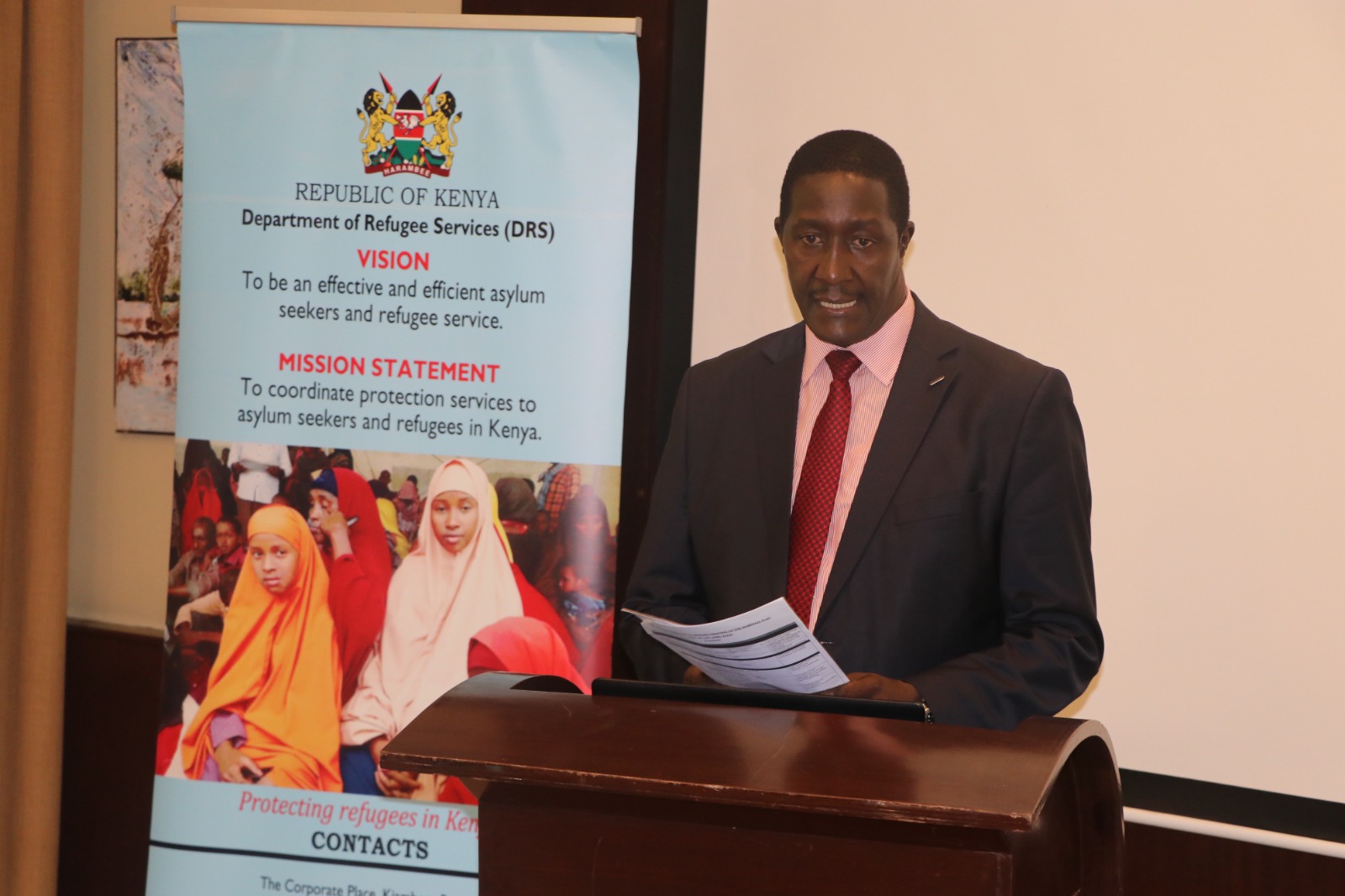
The new regulations under the Kenya Information and Communications Act officially allow refugees to access SIM cards and mobile money services, which they were previously prohibited from owning directly.
The state has outlined a series of guidelines for refugees to follow before they can enjoy financial inclusion, a key aspect of the Shirika Plan, which aims to make them self-sufficient within host communities.
This was revealed by the Commissioner for Refugee Affairs, John Burugu, who said that while the gazettement of new regulations under the Kenya Information and Communications Act that listed the Refugee ID amongst requirements for registration of telecommunications services to enable their access to local mobile services and banking, the process will be carried out after new guidelines that will help protect their data as well as other loopholes that maybe used to commit crime are rolled out.
More To Read
- UNHCR data shows steady rise in refugee numbers in Kenya
- Uganda to host two million refugees by end of 2025 due to escalating crises - UN
- ICT CS William Kabogo taken to task for failing marginalised areas on connectivity
- One dead, two officers injured as protests rock Kakuma refugee camp
- IOM seeks urgent funds to aid 1.3 million war-displaced Sudanese returning home
- 700,000 refugees in Kenya face severe hunger crisis after aid cuts
"The government feels it is not prudent to have every SIM card vendor issuing them to refugees; therefore, there is a structured process and set of guidelines that we are awaiting from the Cabinet Secretary," he said during a webinar hosted by the East African Centre for Forced Migration and Displacement.
The webinar, titled “Refugees’ Financial Inclusion in Kenya: Regulations, Policies and Practices,” sought to examine these developments, share lessons learnt, and explore the policy and legislative steps required further to enhance refugee access to the labour market in Kenya.
The new regulations under the Kenya Information and Communications Act officially allow refugees to access SIM cards and mobile money services, which they were previously prohibited from owning directly.
However, many had been using such services through proxies — an arrangement that Burugu said must now come to an end, as it will become illegal to continue.
"By November this year, six months after the gazettement of these regulations, refugees should have transferred or vacated these proxy arrangements," he said.
Kenya is shifting its refugee management policy from reliance on external aid to integration with host communities. This change reflects the evolving landscape of humanitarian support and the need for host countries to adopt innovative, sustainable approaches to refugee management.
As part of this integration process, commonly referred to as the Shirika Plan, the state will help refugees harness their talents by providing opportunities for economic empowerment.
"Together with that is the potential of the talents and skills that have long remained untapped. To ease the burden on refugees and host communities, Kenya has pursued legal reforms to expand the space for supporting refugees to become self-reliant as we move from humanitarian to development-focused approaches," Burugu said.
Refugees have been running businesses through M-Pesa transactions on accounts mostly held by Kenyan proxies, but this will soon change as they gain the right to own SIM cards and, eventually, bank accounts in their names.
"Under the amended Kenya Information and Communications Act, they can now own and operate mobile services, a significant step towards empowering them to access opportunities within the telecommunications sector. Services available to Kenyans, like M-Pesa, will also be accessible to refugees," he added.
The amended Act also recognises the presence of child-headed households within refugee communities, providing a mechanism for guardians to step in regarding SIM card ownership, thereby opening up new avenues for empowerment.
"Today, Equity Bank in Kakuma has around 152 agents who primarily handle banking services. With this enhancement, telecom operators can also appoint their agents, further empowering both refugees and host communities. Diaspora remittances might also be channelled through these platforms," Burugu added.
While refugees have yet to gain access to physical bank accounts, Burugu said this will follow once the necessary legal frameworks are in place.
"We will have a structured and legally compliant process for refugees to open bank accounts, as guided by the Banking Act under the Central Bank of Kenya and the Financial Reporting Centre," he said.
Top Stories Today





